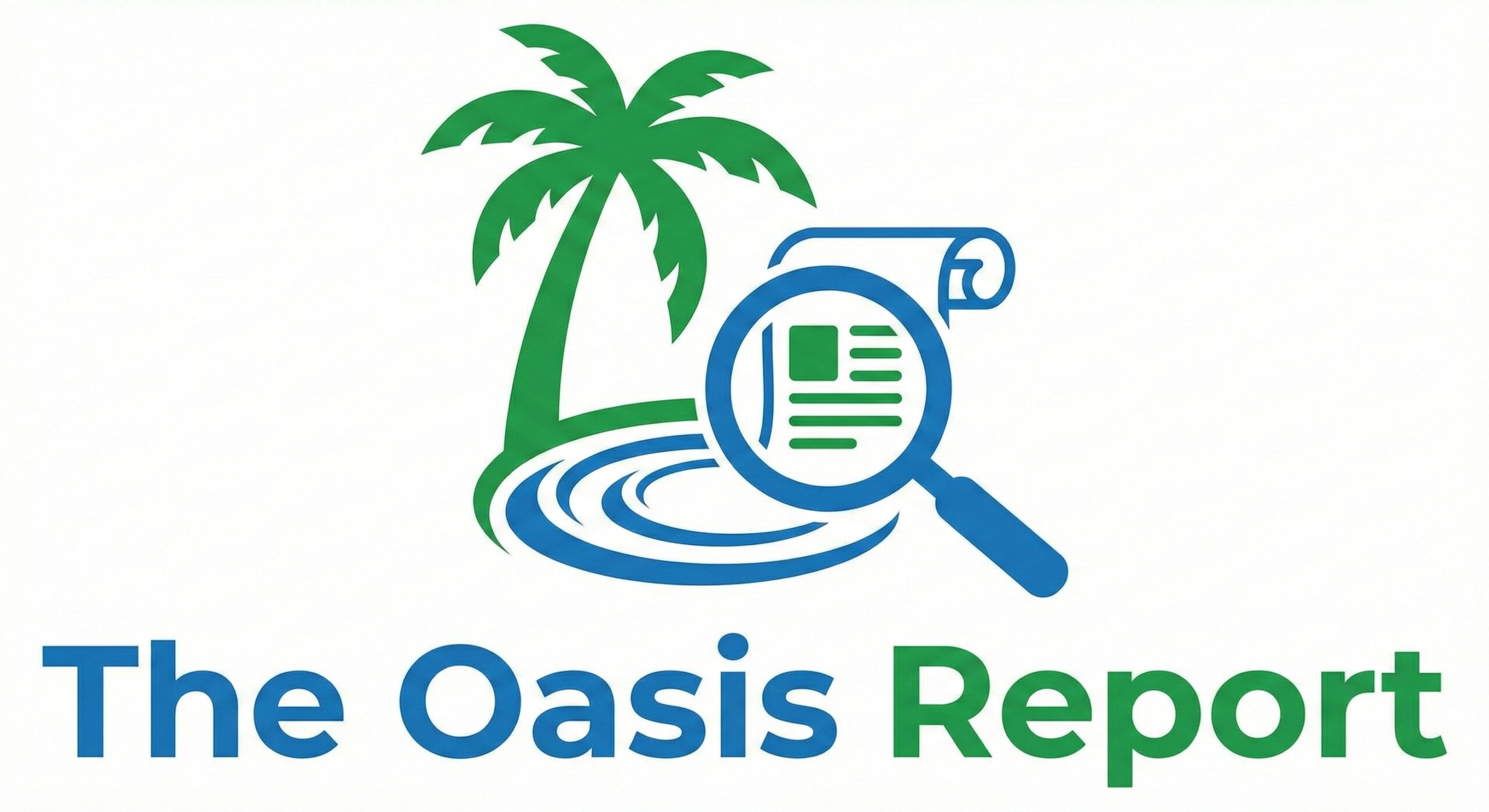Merak Capital backs DSShield with $54 million investment
News • December 30, 2025
edit
arabic
Saudi Arabia-based cybersecurity company DSShield has raised a $54 million (R203 million) funding round from Merak Capital. Founded in 2020 by Siraj Marghalani, DSShield provides end-to-end cybersecurity services to government agencies, critical national infrastructure operators, financial institutions, and large enterprises across Saudi Arabia. The investment will be used to expand DSShield’s security operations capabilities, strengthen its advisory and implementation capabilities, scale its managed services, and accelerate investments in proprietary technology development.
press release:
Merak Capital, a Saudi investment company licensed by the Capital Markets Authority, has completed a R203 million (US$54 million) investment in DSShield, one of Saudi Arabia’s fastest growing cybersecurity companies.
The investment comes as organizations across the Kingdom accelerate digital adoption, cloud migration, and industrial automation, driving sustained demand for advanced cybersecurity services in both the public and private sectors.
According to the National Cyber Security Authority, Saudi Arabia’s cybersecurity market will reach R15.2 billion in 2024, growing 14% year-on-year. Saudi Arabia’s commitment to building a secure digital economy is further reflected in its ranking of #1 in the world on the IMD Global Competitiveness Cybersecurity Index for 2025.
Founded in 2020 and headquartered in Riyadh, DSShield operates a cybersecurity model designed for environments where availability, integrity, and compliance are critical to business continuity. Since its inception, the company has successfully delivered over SAR 1.5 billion in cybersecurity programs and projects, demonstrating proven capabilities, financial scale and execution excellence across various industries. The company’s experience spans advisory, implementation, and 24/7 managed security operations, enabling organizations of varying complexity to comprehensively manage cyber risk as digital, physical, and data environments converge.
“We founded DSShield on the belief that cybersecurity is built on trust, discipline, and execution,” said Siraj Margarani, Founder and CEO of DSShield. “Our customers operate in environments where there is no room for error, and we founded the company to deliver reliable results in such environments. Merak This partnership with Capital provides a platform to invest in our people and capabilities, expand our service capabilities, and position DSShield as a national leader in cybersecurity as the Saudi digital economy continues.” To grow. ”
Osman Abdulrazak Alhokair, Founder and Managing Partner of Merak Capital, commented, “Merak’s mission is to partner with ambitious founders to build market-leading businesses that are fundamental to Saudi Arabia’s digital transformation. Our investment in DSShield reflects this commitment to provide the organizational support and strategic framework necessary to solidify our leadership as the national champion in the region’s cybersecurity landscape.”
Mohannad Alfayez, Partner and Head of Capital Formation at Merak Capital, added, “DSShield has established itself as a trusted partner across the public sector and regulated industries as the demand for homegrown solutions accelerates. This investment provides the capital base for the company to expand its business operations and proprietary technology, and establishes a clear and sustainable path towards public listing.”
The investment will be used to expand DSShield’s security operations capabilities, strengthen its advisory and implementation capabilities, scale its managed services, and accelerate investments in proprietary technology development. The partnership will also support growth across its operational technology offerings and expansion of its customer base across government, critical infrastructure and enterprise environments, establishing a clear path to public listing as DSShield enters its next phase of growth.


